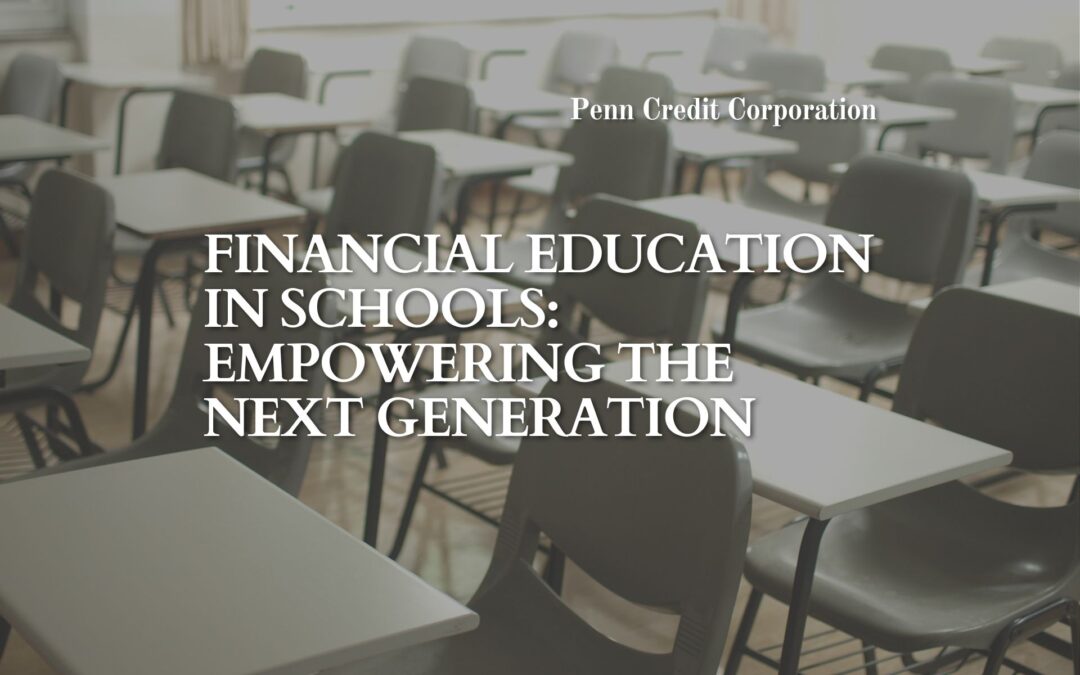In an increasingly complex and financially interconnected world, the need for strong financial literacy skills has never been greater. As the landscape of personal finance evolves, integrating financial education into school curricula is crucial for equipping the next generation with the knowledge and skills they need to make informed financial decisions.
The Case for Financial Education
Financial education in schools provides students with essential tools for managing money, making responsible financial decisions, and planning for their future. Unfortunately, many young adults enter the real world without a solid understanding of budgeting, saving, investing, and managing debt. This knowledge gap can lead to financial struggles, debt accumulation, and missed opportunities for financial growth.
Starting Early for Lifelong Benefits
Teaching financial literacy early sets the foundation for lifelong financial success. As children learn about money management in school, they can apply these lessons daily and build healthy financial habits. Learning about financial concepts becomes more meaningful when integrated into real-life situations, such as setting savings goals or purchasing decisions.
Real-World Relevance
Financial education provides students with practical skills that have immediate real-world relevance. Understanding concepts like compound interest, credit scores, and budgeting empowers students to make informed decisions about saving for college, purchasing a car, and planning for retirement.
Building Financial Confidence
Financial education imparts knowledge and boosts students’ confidence in managing their finances. When students have a solid understanding of financial concepts, they are more likely to confidently approach financial decisions and avoid making impulsive choices that can lead to financial troubles.
Addressing Inequality
Financial literacy education can help bridge socioeconomic gaps and address financial inequalities. Students from all backgrounds benefit from learning about money management, which can break the generational financial struggles cycle and provide a pathway to economic empowerment.
Preparing for Future Success
The skills learned through financial education are essential for personal and professional success. Whether students pursue higher education, enter the workforce, or become entrepreneurs, financial literacy skills are integral to navigating the complexities of adulthood.
A Collaborative Effort
Integrating financial education into schools requires collaboration among educators, parents, policymakers, and financial institutions. Schools can partner with local organizations and financial experts to provide comprehensive and engaging financial education programs.
Financial education in schools is an investment in the future financial well-being of our youth. Equipping students with practical money management skills benefits their individual lives and contributes to a more financially responsible and prosperous society. By instilling financial literacy at a young age, we empower the next generation to make informed financial decisions and build a brighter financial future for themselves and their communities.
